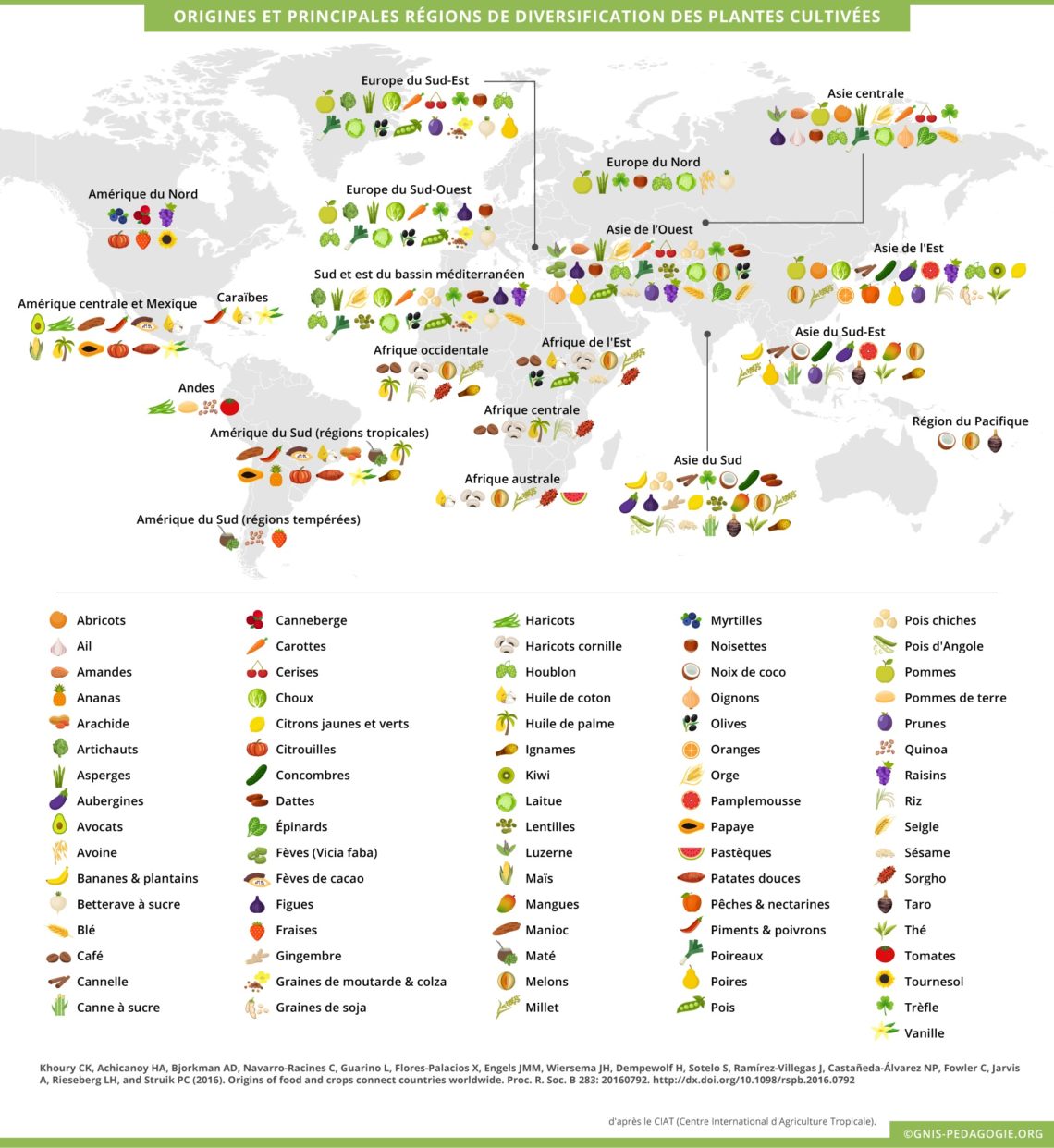Agro-environnement et Bioindicateurs
Les relations trophiques intègrent une variété d’interactions liées à la complexité et la diversité de la biocénose au niveau d’un agrosystème donné.
Les relations trophiques entre organismes peuvent être abordées de manière spécifique, en s’intéressant à chaque taxon présent dans l’écosystème qu’il soit naturel ou anthropisé. Plus globalement, elles peuvent aussi être abordées en regroupant les taxons en unités fonctionnelles.
Cette matière de type fondamental est dispensée aux étudiants de la spécialité de master intitulée Agroenvironnement et Bioindicateurs de la filière Ecologie et Environnement. Elle est enseignée au semestre 1.
A l’issu de cet enseignement, l’étudiant devra acquérir une meilleure compréhension du fonctionnement d’un système cultivé lié à la dynamique des interactions interspécifiques dans les réseaux trophiques. Des connaissances en écologie générale et en biologie des organismes sont recommandées.
- معلم: Benfekih Leila
Definition of entrepreneurship and its importance
- · Understanding customer needs and wants
- · Identifying market trends and opportunities
- Assessing the viability of business ideas
- · Conducting market research
Developing Business Plans
- The components of a business plan
- Writing a business plan executive summary
- · Developing a marketing plan
- · Creating a financial plan
- · Managing operations and human resources
Securing Funding
- · Different sources of funding
- · Writing a grant proposal
- · Negotiating with investors
- · Bootstrapping and other funding strategies
Managing and Growing Businesses
- · Marketing strategies for small businesses
- · Financial management for small businesses
- Human resource management for small businesses
- Scaling and growing a small business
Case studies of successful agro-environmental businesses
Entrepreneurial Mindset
- · Developing an entrepreneurial mindset
- · Identifying and overcoming challenges
- · Building resilience and perseverance
- · Networking and building relationships
Legal and Ethical Considerations
- · Business law basics
- · Intellectual property protection
- · Ethical considerations for entrepreneurs
Social Responsibility and Sustainability
- The role of entrepreneurs in social responsibility
- · Sustainable business practices
- Measuring and reporting on social and environmental impact
Define entrepreneurship and identify the
characteristics of successful entrepreneurs
Apply sustainable business practices and measure their social and environmental impact
Developing a business plan for a real-world agro-environmental business
- معلم: Tlemsani Amine

L’utilisation des plantes comme outil de créations artistique permet aux étudiants de découvrir le règne végétal sous un nouvel angle. La création végétale peut se définir comme l'amélioration des végétaux pour l'homme. C'est l'évolution des végétaux assistée par la main de l'homme. ... Elle vise toujours à adapter le végétal aux besoins humains.
La sélection, encore appelée amélioration des plantes, consiste à créer et choisir des plantes qui présentent les caractéristiques souhaitées et répondent à des besoins ciblés (agricoles, alimentaires, médicaux, industriels, technologiques…).
